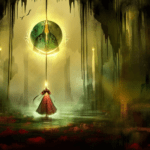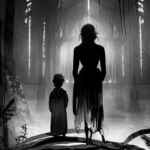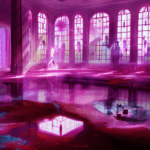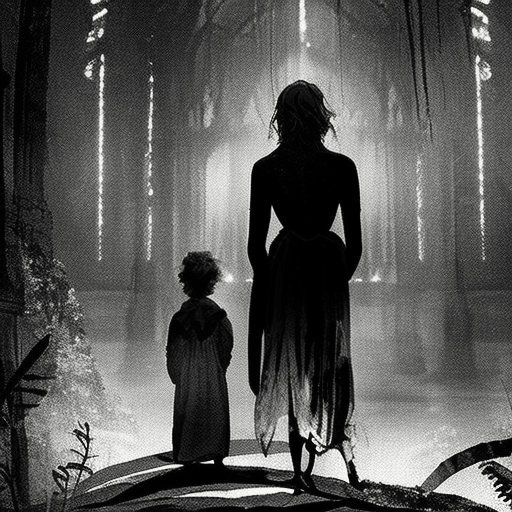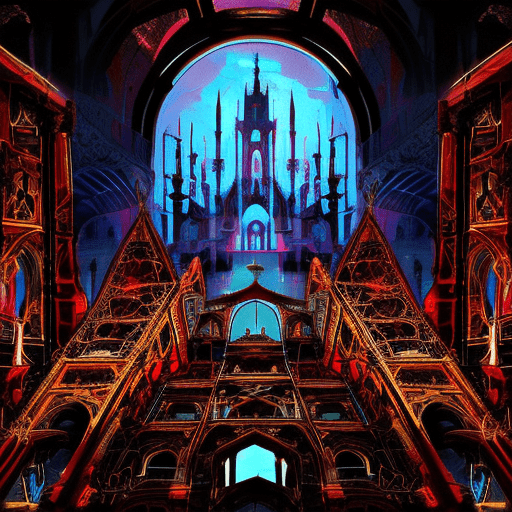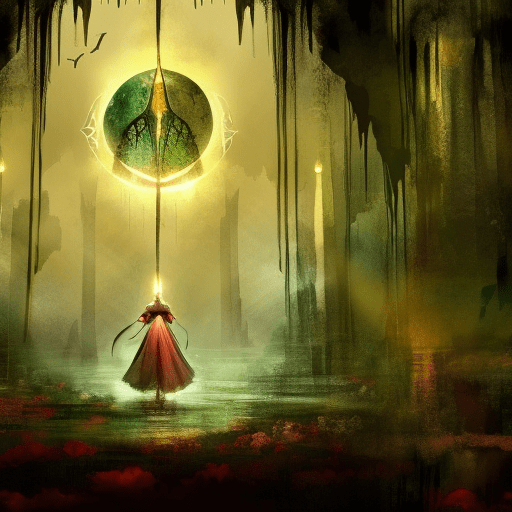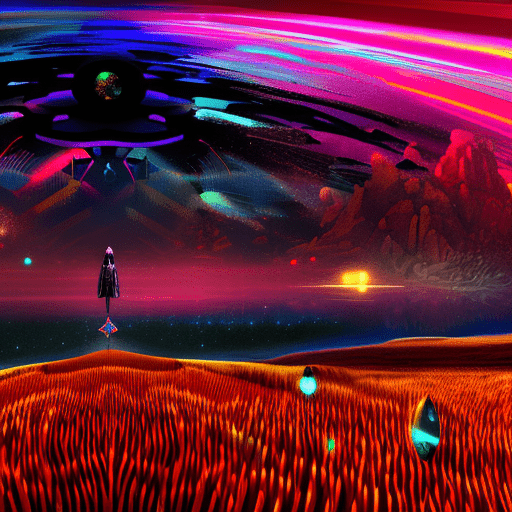One-line Summary:
La Bête Humaine is a gripping French novel by Émile Zola that explores the dark depths of human nature through the lens of a train engineer’s descent into madness and murder.
The Tragic Tale of Jacques Lantier:
La Bête Humaine follows the life of Jacques Lantier, a train engineer haunted by his uncontrollable impulses and a hereditary madness that runs in his family. As the story unfolds, we witness Jacques’ struggle to resist his inner demons while navigating the complexities of love, desire, and the corrupting influence of society.
Jacques Lantier is introduced as a complex character, torn between his desire for normalcy and his uncontrollable urges. He is plagued by a deep-seated attraction to violence and a fascination with trains, which serve as a metaphor for the destructive forces within him. Despite his best efforts to maintain control, Jacques finds himself drawn into a web of murder and deceit that threatens to consume him.
A Web of Deceit and Desire:
As the plot thickens, Jacques becomes entangled in a love triangle with Séverine, the beautiful and enigmatic wife of his co-worker Roubaud. Séverine, trapped in a loveless marriage, succumbs to her desires and embarks on a passionate affair with Jacques. Their illicit relationship becomes the catalyst for a series of tragic events that spiral out of control.
Driven by jealousy and a desire to protect their secret, Jacques and Séverine find themselves resorting to extreme measures, including murder. Their actions are fueled by a toxic combination of passion, guilt, and a desperate need to escape the consequences of their actions. Zola masterfully explores the depths of human depravity and the destructive power of unchecked desire.
A Critique of Society:
Beyond the personal struggles of its characters, La Bête Humaine serves as a scathing critique of society and the corrupting influence of industrialization. Zola paints a bleak picture of a world where individuals are reduced to mere cogs in the machinery of progress. The train, a symbol of modernity and progress, becomes a metaphor for the dehumanizing effects of industrialization.
Zola also delves into the class divide and the stark inequalities that plague society. The stark contrast between the opulent lives of the bourgeoisie and the destitution of the working class is vividly portrayed. Through the lens of Jacques’ descent into madness, Zola exposes the underlying tensions and injustices that simmer beneath the surface of society.
Key Takeaways:
- La Bête Humaine explores the dark depths of human nature and the destructive power of unchecked desire.
- The novel serves as a critique of society and the dehumanizing effects of industrialization.
- Zola vividly portrays the stark inequalities that exist between the bourgeoisie and the working class.
“The beast within me is not asleep, it is not dead. I keep it tamed, under control, but it is there, always ready to awaken.”
In conclusion, La Bête Humaine is a gripping and thought-provoking novel that delves into the darkest recesses of the human psyche. Through the tragic tale of Jacques Lantier, Zola explores themes of desire, madness, and the corrupting influence of society. This timeless masterpiece serves as a stark reminder of the fragility of the human condition and the inherent darkness that lies within us all.

